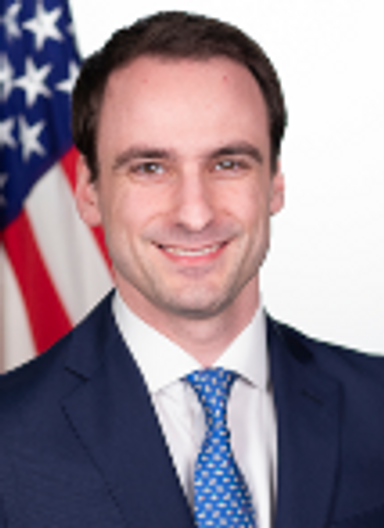Michael Kratsios
Michael J. Kratsios is Assistant to President Donald J. Trump and Director of the White House Office of Science and Technology Policy. Previously, he served in the first Trump Administration as the fourth Chief Technology Officer of the United States, advising the President on a broad range of technology policy issues and drives United States technology priorities and strategic initiatives.
As U.S. CTO, Michael had an integral role in the development and execution of the Trump Administration’s national technology policy agenda since inauguration. Under his leadership, the White House launched initiatives in artificial intelligence, quantum computing, 5G and broadband communications, autonomous vehicles, commercial drones, STEM education, and advanced manufacturing.
Michael encourages the development of emerging technologies in the United States, empowers American companies to commercialize and adopt new technologies, and improves and expands access to the tools necessary for Americans to succeed in the 21st century economy. He is also responsible for aligning the development of new technologies with the Administration’s priorities, including standing up for the American worker, defending American innovations abroad, and protecting the safety and security of the American people.
Michael has represented the United States as the Head of Delegation at multiple international fora, including G7 Technology Ministerials in Italy, Canada, and France; G20 Digital Economy Ministerials in Argentina and Japan; and the OECD Ministerial Council Meeting in Paris. Prior to joining the White House, Michael was a Principal at Thiel Capital. Michael graduated from Princeton University and served as a Visiting Scholar at Beijing’s Tsinghua University.
On August 1, 2019, the U.S. Senate unanimously confirmed Michael as the fourth Chief Technology Officer of the United States.
Recent Events and Presentations
How the United States Can Maintain Its Lead in the Global AI Race
ITIF's Center for Data Innovation hosted a keynote address by Michael Kratsios, Chief Technology Officer of the United States, and a panel discussion on the state of the global AI race and how policymakers can continue to support U.S. leadership in AI.


